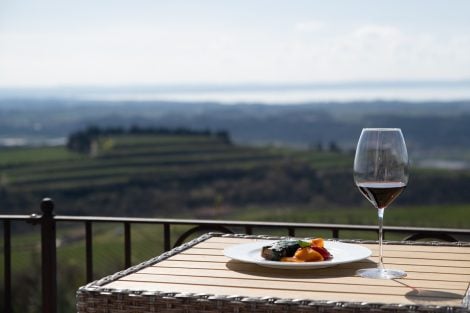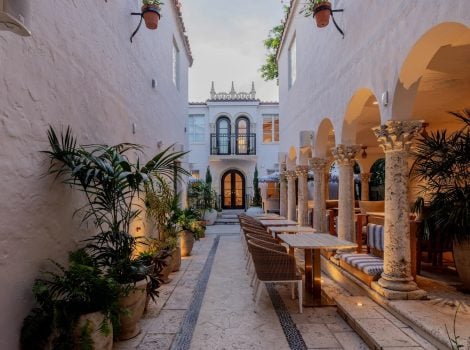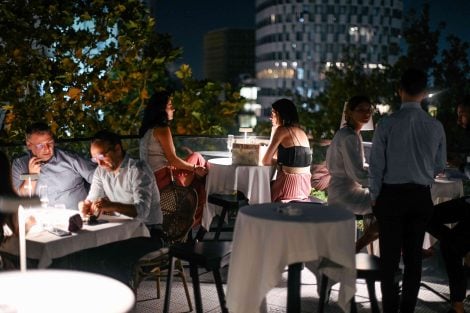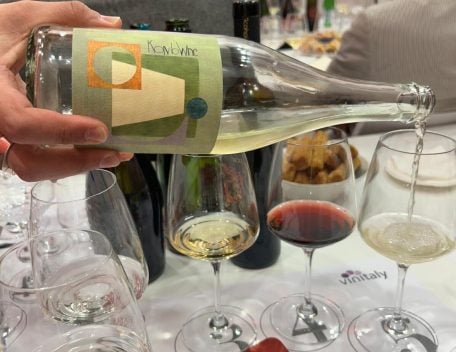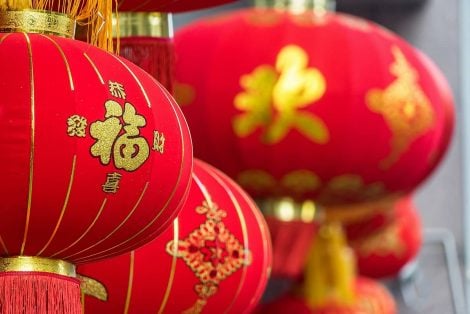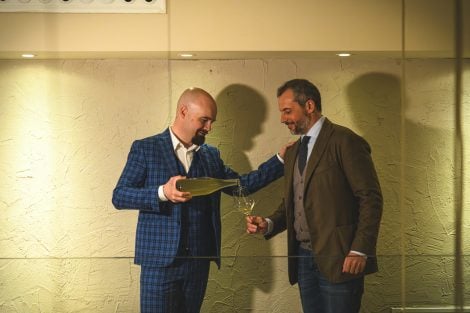by Giovanni Caldara
From the head chef of an international metropolis with over 14 million inhabitants to the cook of a remote village with just over two thousand souls. It’s not the plot of yet another TV series about the adventures of a celebrated Michelin-starred chef (although the protagonist fits the bill) who finds redemption in the wholesome values of Italian provincial life — but some of the ingredients are here too. Because Antonio Iacoviello, 40, from Benevento, spent four years as Head Chef at Gucci Osteria da Massimo Bottura in Tokyo, a restaurant that won its Michelin star just a few months after opening. And now he has landed in Gaiole in Chianti (SI), where he becomes the new chef not of a small bistro, but of the fine-dining restaurant Il Pievano within the jewel that is Castello di Spaltenna, a luxury resort in Chianti Classico which has been shining under the Michelin stars for years — first with Vincenzo Guarino and then Stelios Sakalis. In short, the leap that begins our story couldn’t be more drastic: from the frantic pace of one of the world’s capitals to that postcard-perfect Tuscany the world envies us for — a benchmark of Dolce Vita.
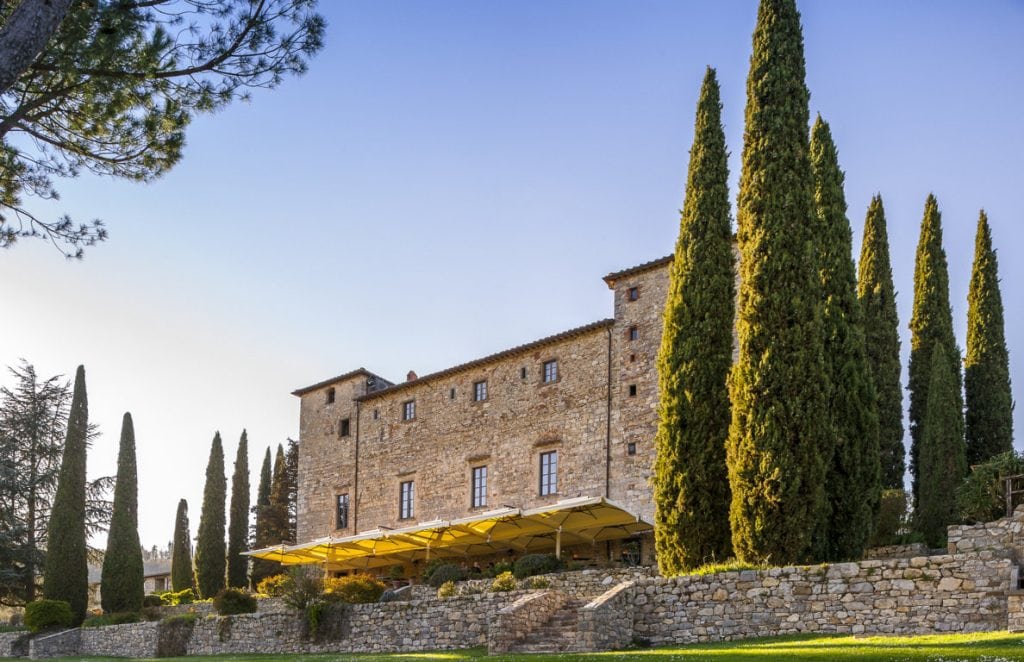
A metropolis with a devilish rhythm
Our globetrotting cook Antonio Iacoviello boasts a professional pedigree to be proud of, with experience alongside chefs like Alain Ducasse, René Redzepi, Alfonso Iaccarino, Paolo Barrale and Peppe Aversa. And the world he now leaves behind ticks all the boxes of the clichés of an intense, if not impossible, lifestyle: waking up at 4:30am every morning to head, still half-asleep, to the famous Toyosu fish market to negotiate with the fishermen. By 7:30–8:00 he’s already at the restaurant: prep begins and continues until 3pm, followed by meetings with department heads. A short break and then back at it from 5pm to 10pm: “They were incredibly intense years,” he says, “and Tokyo isn’t a city — it’s a blender. If you don’t keep up, it spits you right out.”
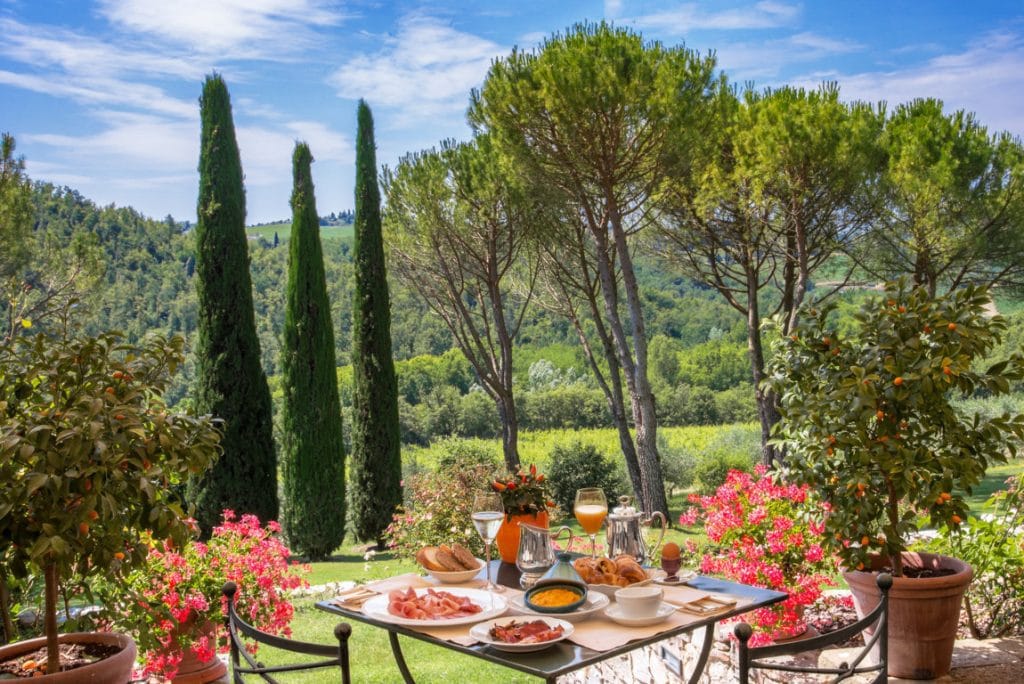
Human relationships and slower rhythms
And as for life in far more peaceful Tuscany? Antonio returned to Italy in November and settled in Chianti a few months ago to begin assembling the kitchen brigade ahead of the restaurant’s reopening on 18 April (with 25 April reserved for external guests). The contrast awaiting him here couldn’t be starker: from a much more civilised wake-up time (“still early,” he tells us, “but never before seven”), to the ritual of coffee at the local bar (“an institution that exists only in Italy,” he points out), to runs to keep fit through postcard-worthy landscapes and, of course, meeting with suppliers — who from the start revealed a whole different approach: “They bring the products to me and invite me to visit their farms,” chef Antonio continues. “They tell me about the animals and their wellbeing. What I noticed straight away was a slower, more relaxed rhythm. I’m finding peace here.”
A Japanese calendar
And so, with the start of his new chapter at Castello di Spaltenna, a page in Antonio’s life turns definitively:
“What I’m leaving behind, and what I’ll undoubtedly miss,” he says, “is the way Japan divides the year — not into four seasons but into 72. I tried to keep up with them, but never quite managed: there’s a herb or a vegetable that, after just two days of life, won’t be available again until the following year. That’s how it is with everything: artichokes are around, of course, but maybe only for 10 or 15 days, then that’s it — their moment is over. There’s even a season for supermarket snacks. In Japan, strawberries are in January, and that strawberry-flavoured snack won’t be on shelves again in June.”
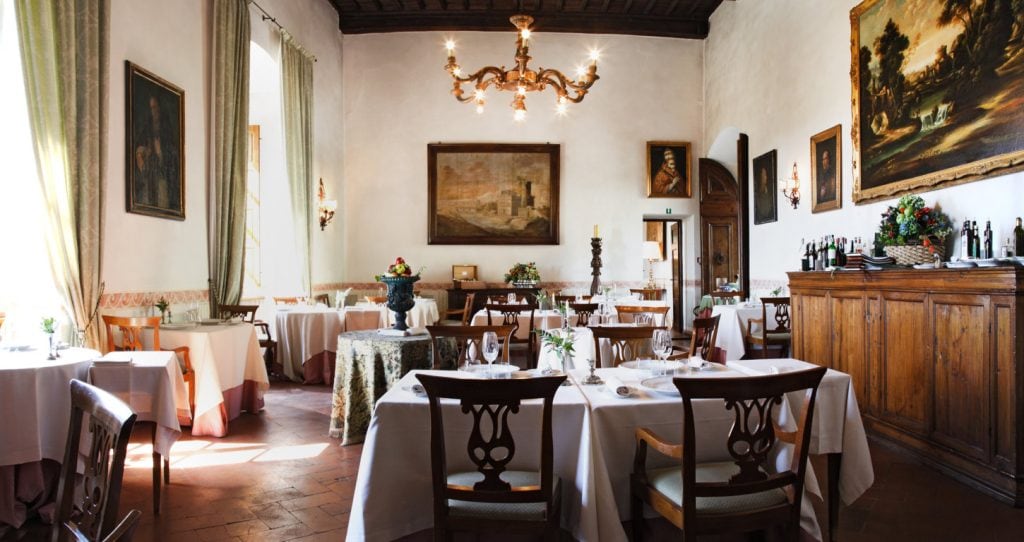
Revisiting peasant cuisine
What the Campania-born Iacoviello hopes for with his return to Italy is a much-desired and priceless sense of balance, starting with his new Tuscan lifestyle: “A life on a human scale — for me, that’s ideal,” says the chef. “The experience in Japan was wonderful, but I knew it would have a beginning and an end. Here in Tuscany I already feel a strong connection to the traditions, which is really a closeness to peasant cooking — making the most of what you have.”
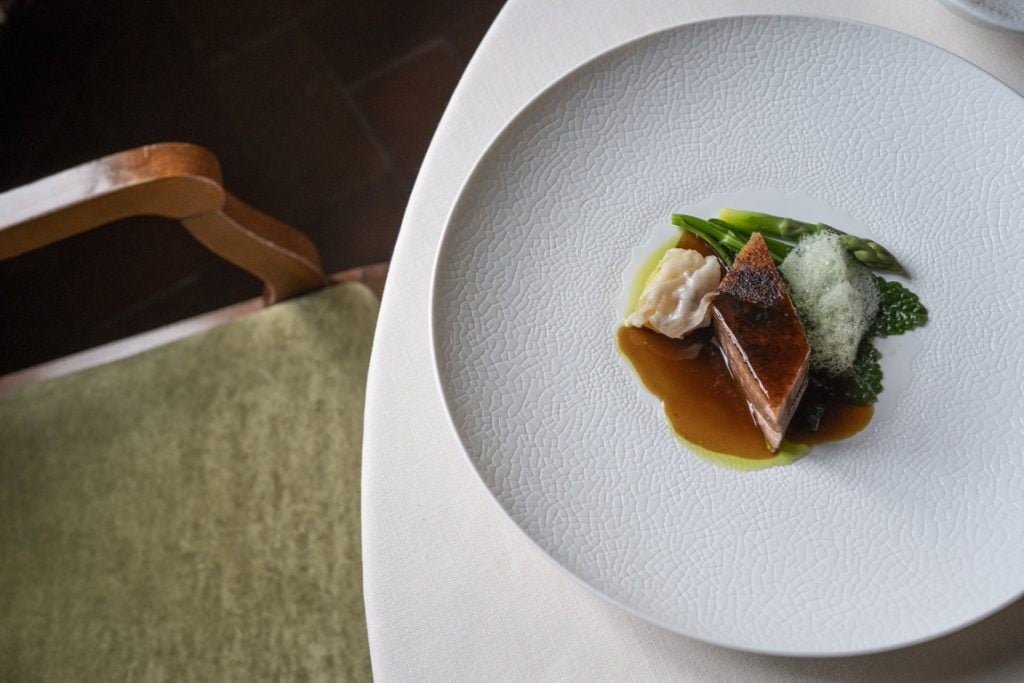
Three tasting menus will characterise Iacoviello’s offering at Il Pievano: one fully plant-based (to be called Sempreverde, starring many of the vegetables grown in the Castle’s garden), another dedicated entirely to meat (with the bold promise already in its title: Un amore carnale), and finally Ricomincio da tre, a nod to both the famous film by Troisi and a tasting journey in omakase style — meaning “I leave it to you” in Japanese — which will recount the chef’s adventures and influences.
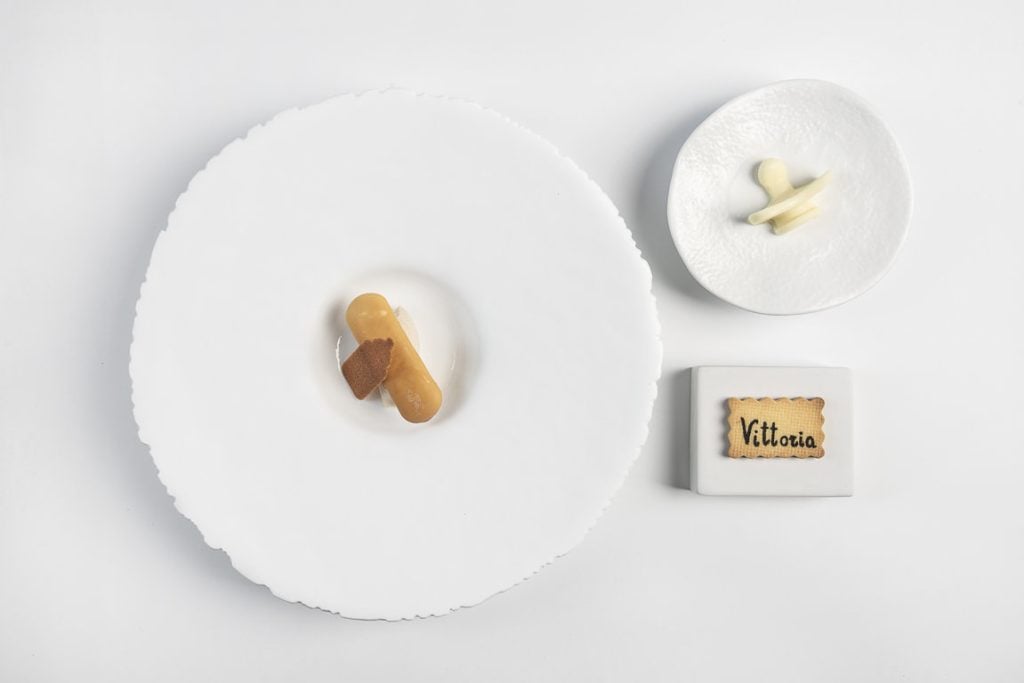
The Tuscan challenge of this chef with wide horizons rests on a few but clear guiding principles, which Antonio Iacoviello sums up as follows: “There will be lots of Tuscany on the plate, but combined with Japanese techniques. And of course, my homeland too, with its tomatoes and mozzarella. The Japanese grill, robata, will be at the centre of my approach: because I’ll cook pasta, duck, cockerel and red mullet over the coals. What I love about Japanese techniques is the precision and the respect in handling ingredients. Also the cooking methods, which are never invasive. Here in Tuscany, I want to leave a mark — my own, which means a lot to me.”

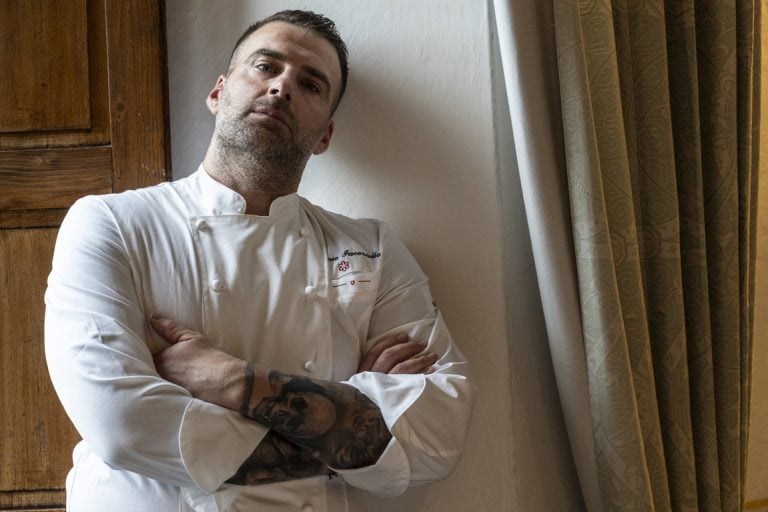
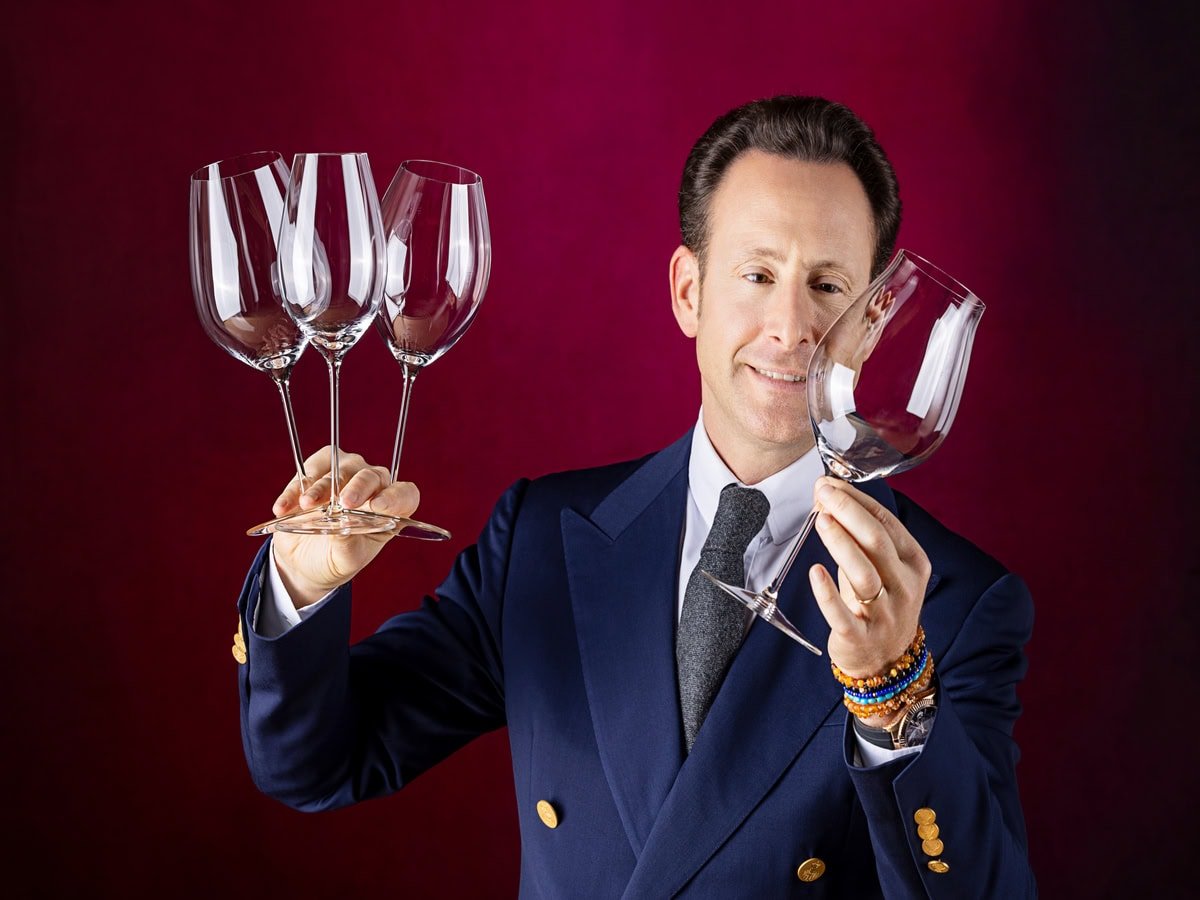 "The universal wine glass? It doesn’t exist. Only shortcut-lovers believe in it." So says Maximilian Riedel
"The universal wine glass? It doesn’t exist. Only shortcut-lovers believe in it." So says Maximilian Riedel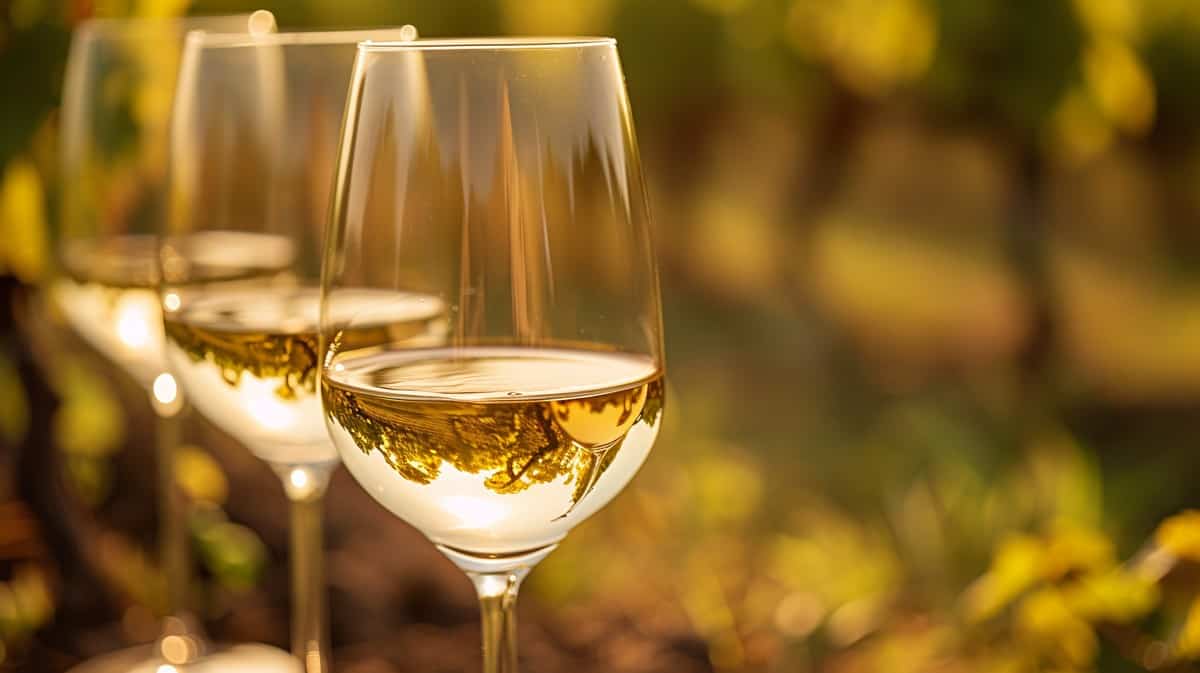 The 15 Ribolla Gialla wines with the best quality-price ratio chosen by Gambero Rosso
The 15 Ribolla Gialla wines with the best quality-price ratio chosen by Gambero Rosso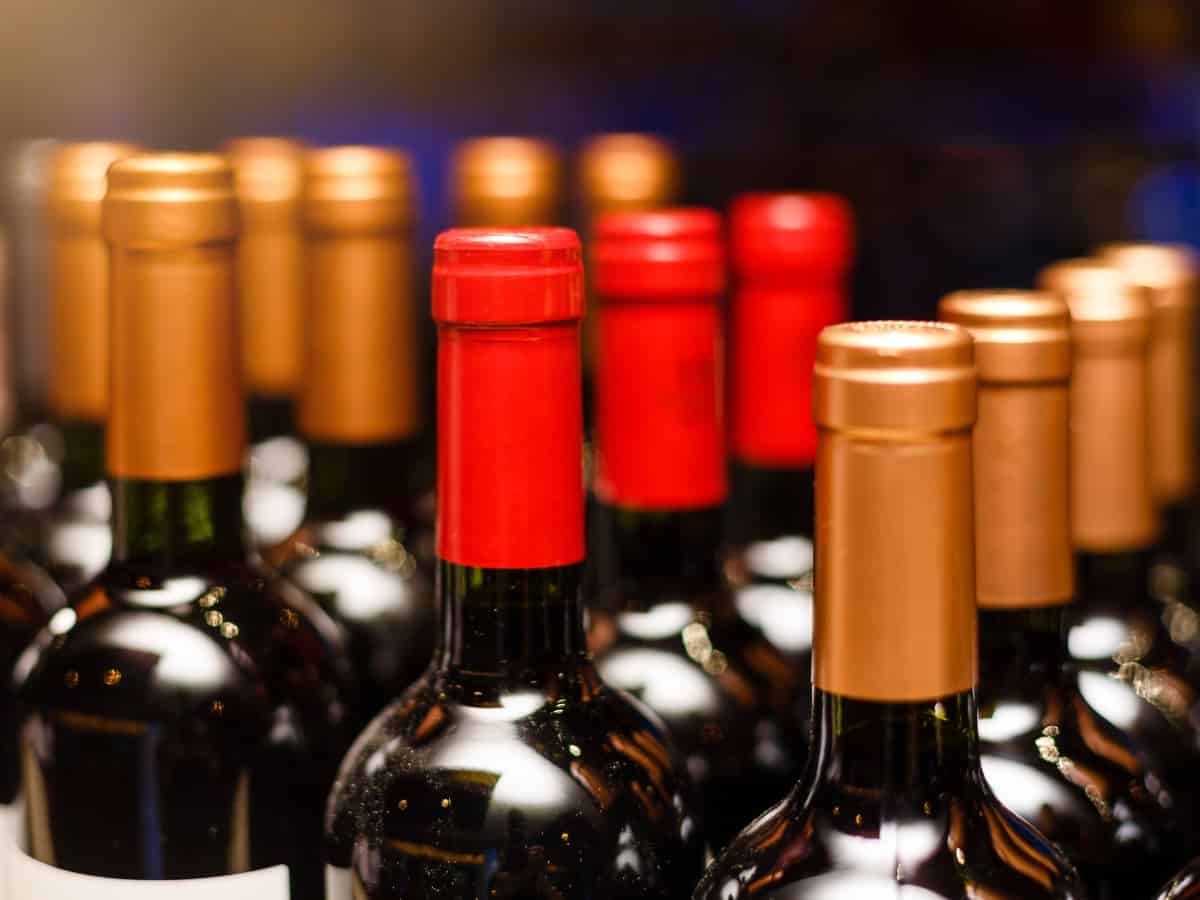 A strong start for Italian wine exports in 2025. In January, the stockpiling effect in the US ahead of tariffs proves decisive
A strong start for Italian wine exports in 2025. In January, the stockpiling effect in the US ahead of tariffs proves decisive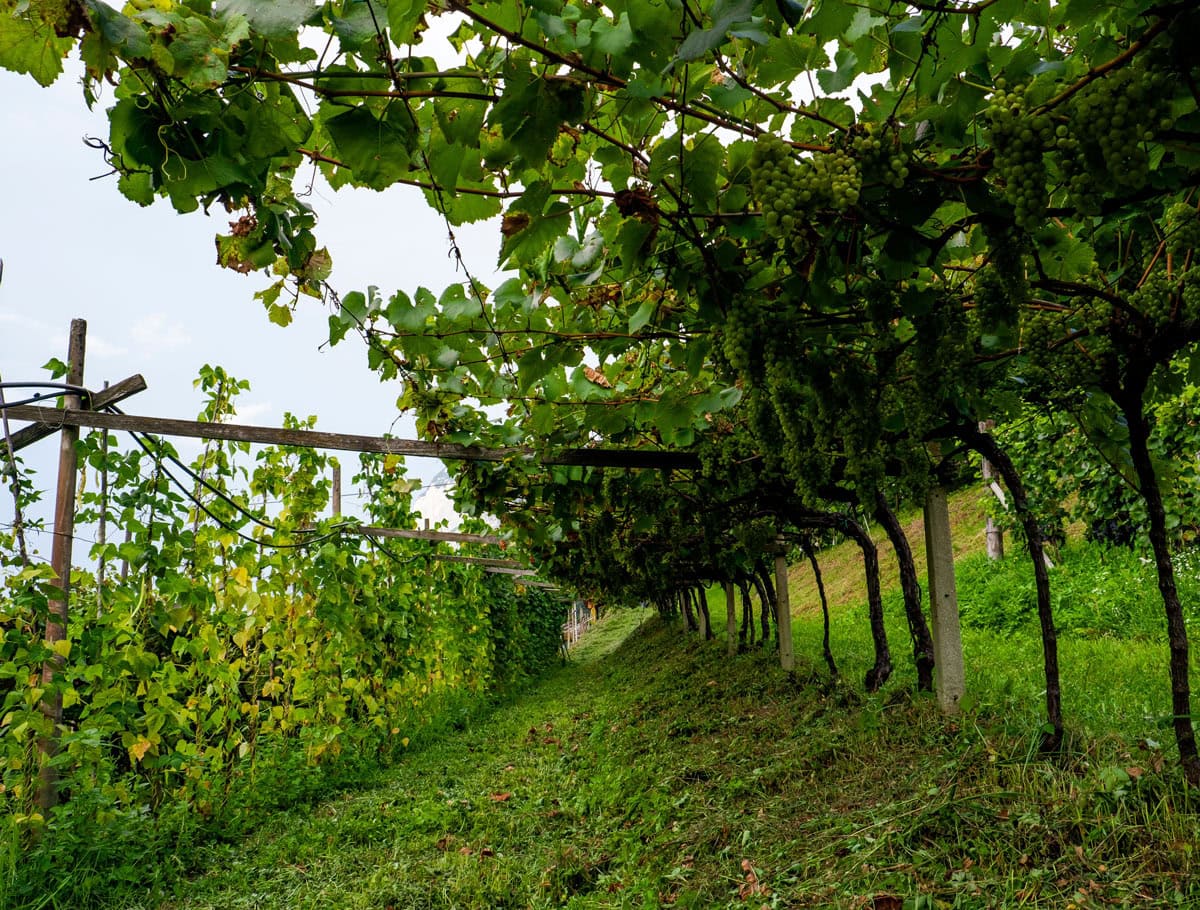 The leap in quality of the new Piwi wines across 15 labels
The leap in quality of the new Piwi wines across 15 labels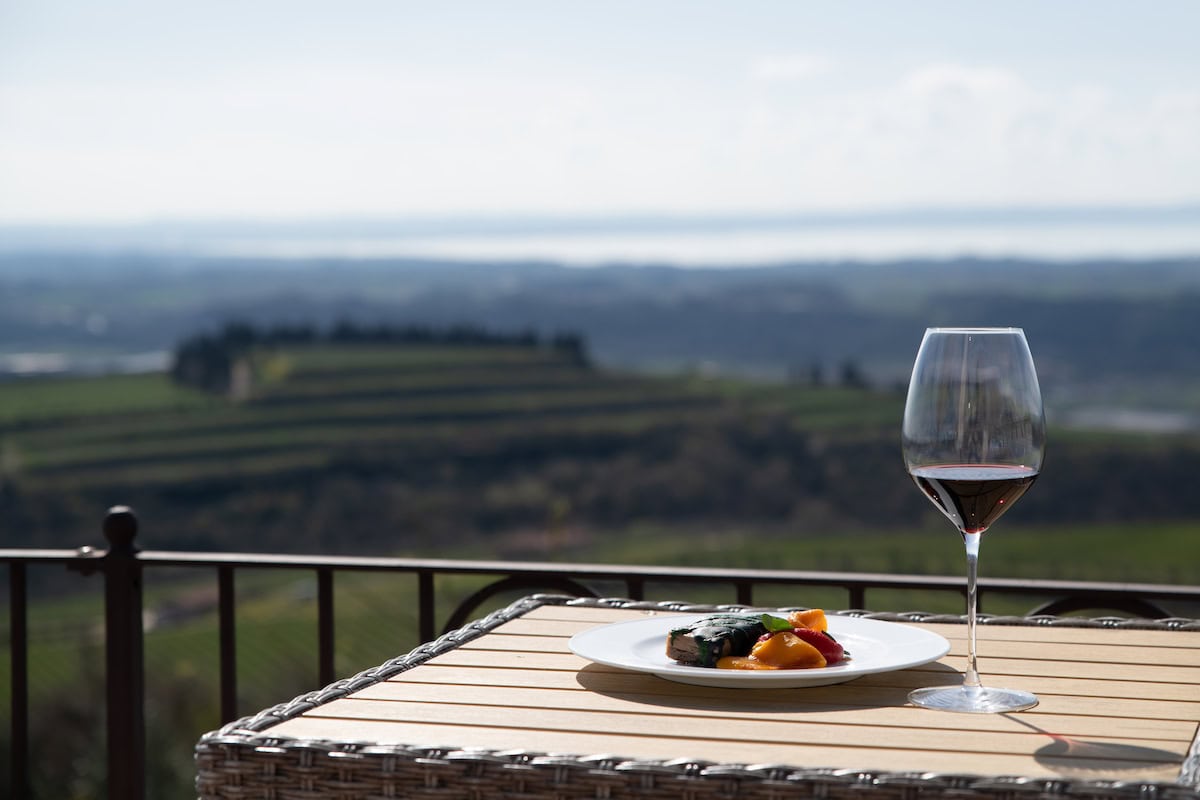 Valpolicella welcomes back one of its most iconic wines: rebellious yet loyal, Grola returns to the DOC
Valpolicella welcomes back one of its most iconic wines: rebellious yet loyal, Grola returns to the DOC